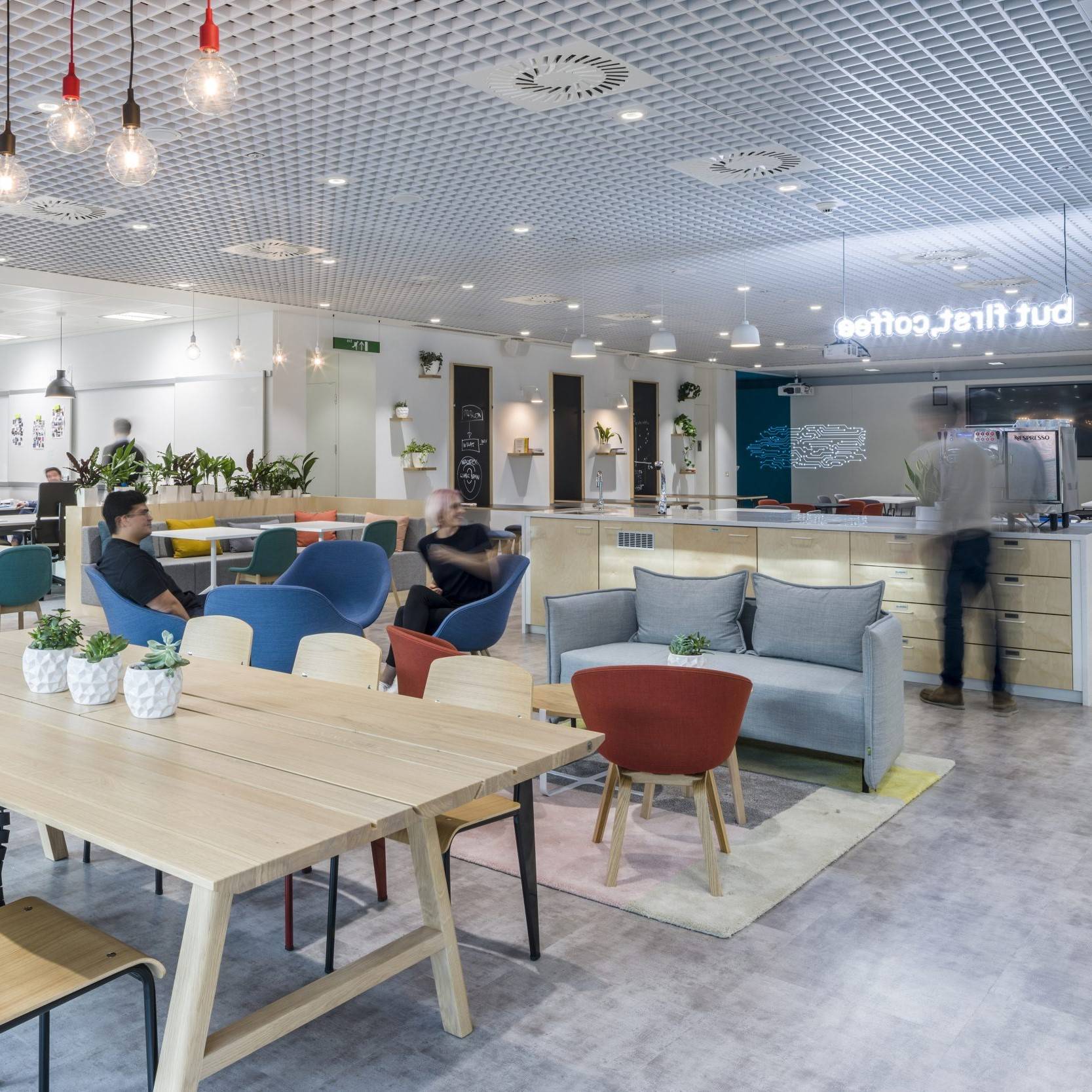June 12, 2018
Lack of emotional intelligence greater impediment to staff engagement than AI

A new Gallup report reveals the growth of AI is not seen as a disadvantage for employees. The real problem is lack of emotional intelligence in management, with managers failing to move beyond the role of “task manager” and adopt the coaching perspective they need in order to future proof the workforce. The Real Future of Work study interviewed 4,000 working adults in the UK, France, Germany and Spain to understand how employees are being managed and the subsequent impact this might have on the future. Worryingly, one in four UK employees say they only receive performance feedback from their manager once a year or less, a further 20 percent claim it’s only a “few times a year”. Almost one in five (19 percent) UK workers predict technology will increase the risk of losing their job – the highest in the European countries surveyed and more than double those concerned in Spain. When asked how technological changes will influence work in the next three years, seven out of ten workers in the UK felt it will increase their productivity followed by France (66 percent), Spain (51 percent) and Germany (37 percent).

























 Demand for commercial office space in central London has remained above the long-term average, with the amount of space under offer increasing, though the level of supply in the West End has continued to decline, according to the latest figures from Savills. Take-up in April reached 275,473 sq ft across 24 transactions, bringing take-up for the first four months of the year to 1.3m sq ft. The volume of transactions to complete over the month was the lowest for April in five years but overall year-to-date take-up still remained up on the long-term average for this period by 13 percent.
Demand for commercial office space in central London has remained above the long-term average, with the amount of space under offer increasing, though the level of supply in the West End has continued to decline, according to the latest figures from Savills. Take-up in April reached 275,473 sq ft across 24 transactions, bringing take-up for the first four months of the year to 1.3m sq ft. The volume of transactions to complete over the month was the lowest for April in five years but overall year-to-date take-up still remained up on the long-term average for this period by 13 percent. 







June 11, 2018
Coworking is breaking away from its cultural and geographical stereotypes
by Gary Chandler • Comment, Property, Technology, Workplace design
(more…)